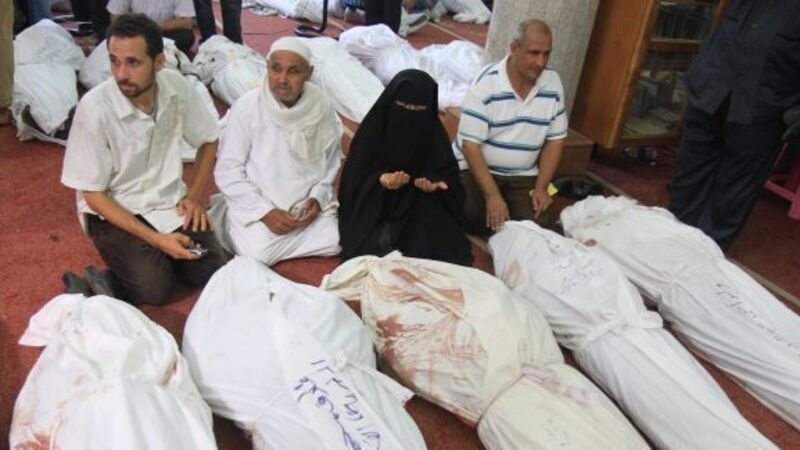Travellers advised to avoid Egypt holidays this year

That’s the advice of the Department of Foreign Affairs which has been monitoring the declining security situation in one of the greatest tourist destinations in the world.
“Due to increased civil unrest, Irish citizens are advised to avoid non-essential travel to Egypt at the present time, with the exception of the Red Sea resorts,” says the department.
















